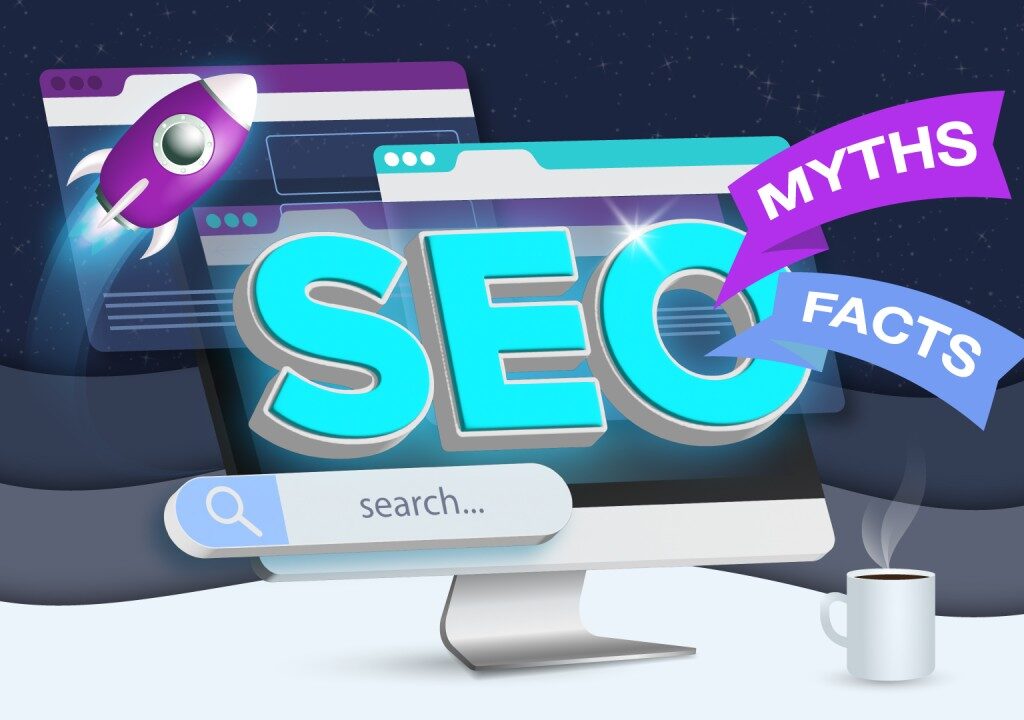“Content is the fuel that powers SEO, driving organic traffic, engaging users, and establishing authority in the digital landscape.”
Ashutosh Tripathy
In the ever-evolving world of SEO, content remains king. As a data-driven marketing specialist and digital marketing expert, I’ve witnessed firsthand the transformative impact of high-quality, relevant content on SEO performance. In this blog, I’ll delve into the power of content in SEO and share insights on how businesses can leverage content to enhance their online visibility and drive sustainable growth.

Creating Valuable Content:
- Understanding User Intent:
- What I Think: “At the heart of effective content creation is a deep understanding of user intent. By conducting thorough keyword research and analyzing user queries, businesses can identify topics and themes that resonate with their target audience and address their needs and pain points.”
- Further Insight: User intent can vary widely, from informational queries seeking answers to specific questions to transactional queries indicating purchase intent. By aligning content with user intent and providing valuable, relevant information, businesses can attract and engage users at every stage of the customer journey.
- Optimizing for Search Engines:
- What I Think: “While creating content for users should always be the primary focus, it’s also essential to optimize content for search engines. This includes incorporating relevant keywords and phrases, optimizing meta tags and headings, and structuring content for readability and SEO.”
- Further Insight: Effective content optimization involves striking a balance between catering to search engine algorithms and delivering valuable content to users. By following SEO best practices and providing high-quality, informative content, businesses can improve their chances of ranking higher in search results and attracting organic traffic.
Diversifying Content Formats:
- Textual Content:
- What I Think: “Textual content forms the foundation of any content marketing strategy, providing valuable information to users and signaling relevance to search engines. From blog posts and articles to product descriptions and landing pages, textual content plays a crucial role in SEO success.”
- Further Insight: When creating textual content, it’s essential to prioritize readability, relevance, and engagement. By crafting well-written, informative content that addresses user queries and provides actionable insights, businesses can establish themselves as trusted authorities in their respective industries.
- Visual Content:
- What I Think: “Visual content, including images, infographics, and videos, can enhance the user experience, drive engagement, and improve SEO performance. Visuals are more digestible and shareable than text alone, making them valuable assets for attracting and retaining users.”
- Further Insight: Incorporating visual elements into content not only makes it more visually appealing but also enhances comprehension and retention. By leveraging visual content to convey information, tell stories, and showcase products or services, businesses can capture the attention of their audience and stand out in crowded search results.
Conclusion:
In conclusion, content is the cornerstone of SEO success, driving organic traffic, engaging users, and establishing authority in the digital landscape. By creating valuable, relevant content that resonates with their target audience and optimizing it for search engines, businesses can















